India, with its vast and diverse landscape, is home to several majestic rivers that have played a vital role in the country’s history, culture, and economy. From the mighty Ganges, considered the holiest river in Hinduism, to the Brahmaputra, known for its ferocious rapids and breathtaking landscapes, the rivers in India are a fascinating subject of study. In this blog, we will explore the major rivers of India, their origins, course, importance, and the impact they have had on the country’s ecology, economy, and culture. So, let’s dive into the world of Indian rivers and discover the wonders they hold.
Ganga, The Holy River
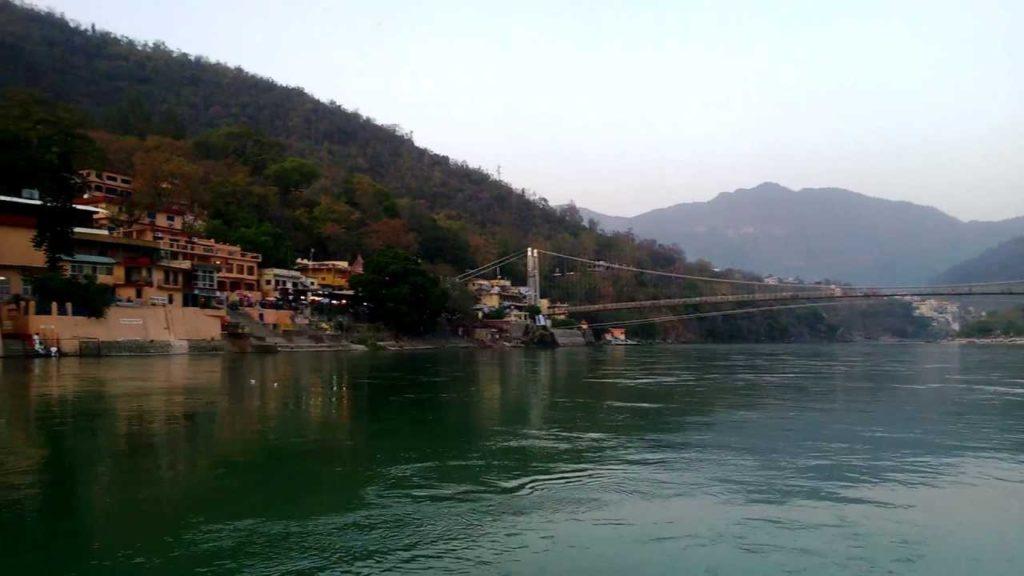
Ganga or Ganges rises from the western Himalayas in the state of Uttarakhand. Hindus regard Ganga as the most sacred river and goddess Ganga is perceived as Mokshdayini, the goddess whose waters will free you from your sins. The myth has it that Ganga came on earth to bring salvation to mankind. Apart from religious beliefs. Many provincial capitals such as Patliputra, Kashi, Patna, Bhagalpur, Calcutta and Kampilya were located on its banks.
Yamuna (Ancient River)
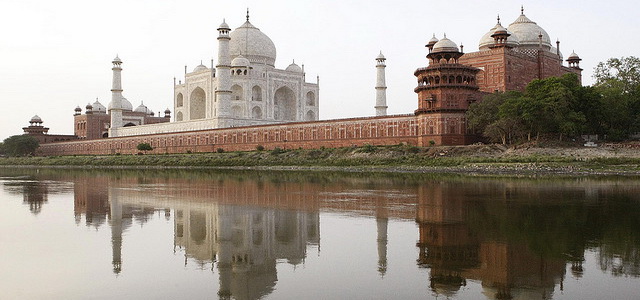
The Yamuna, sometimes called Jamuna, originates from Yamunotri glacier in Uttarakhand. In Hindu mythology, Yamuna is considered the daughter of Sun God, Surya, and sister of Yama, the God of Death. According to popular legends, bathing in its sacred waters frees one from the sufferings of death.
Brahmaputra
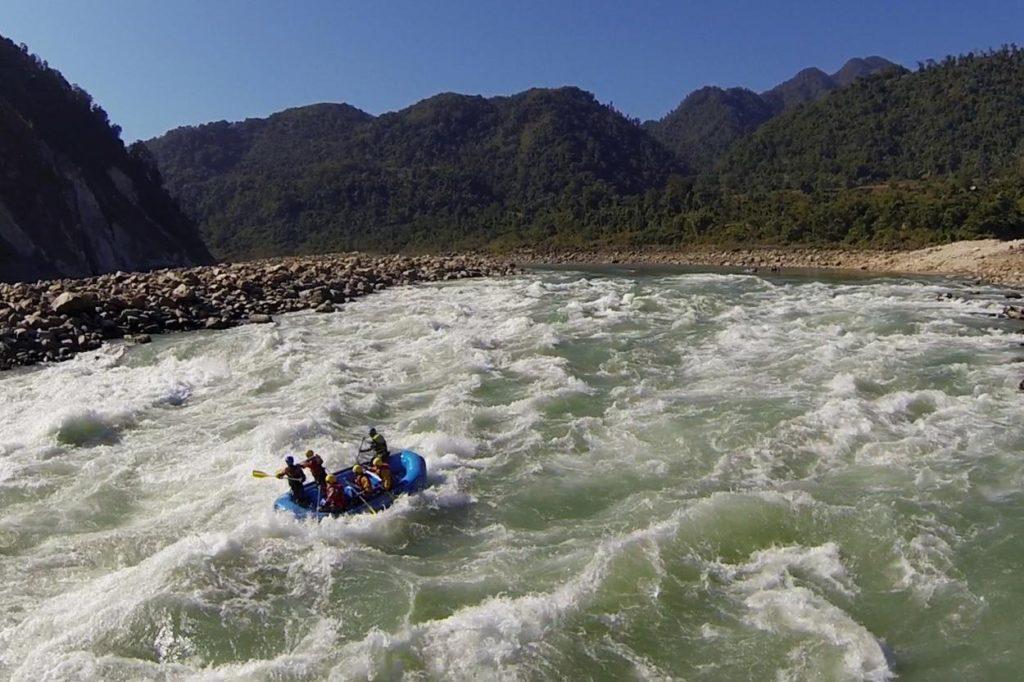
The Brahmaputra river originates from the Chemayungdung glacier, located on the side of the Himalayas around Tibet. It enters India at Arunachal Pradesh. Unlike most rivers in India, Brahmaputra has a male name. In mythology, the river is considered the son of Brahma, and hence the name. Legend has it that a sage named Shantanu was living around Kailash, with his beautiful wife Amodha. Lord Brahma got enchanted with her beauty, but refused to his proposal. It is believed that Brahmaputra is Brahma’s son, conceived by Amodha. In fact, even today there is a water source in that area called Brahmkund, from where the river has supposedly originated.
Narmada
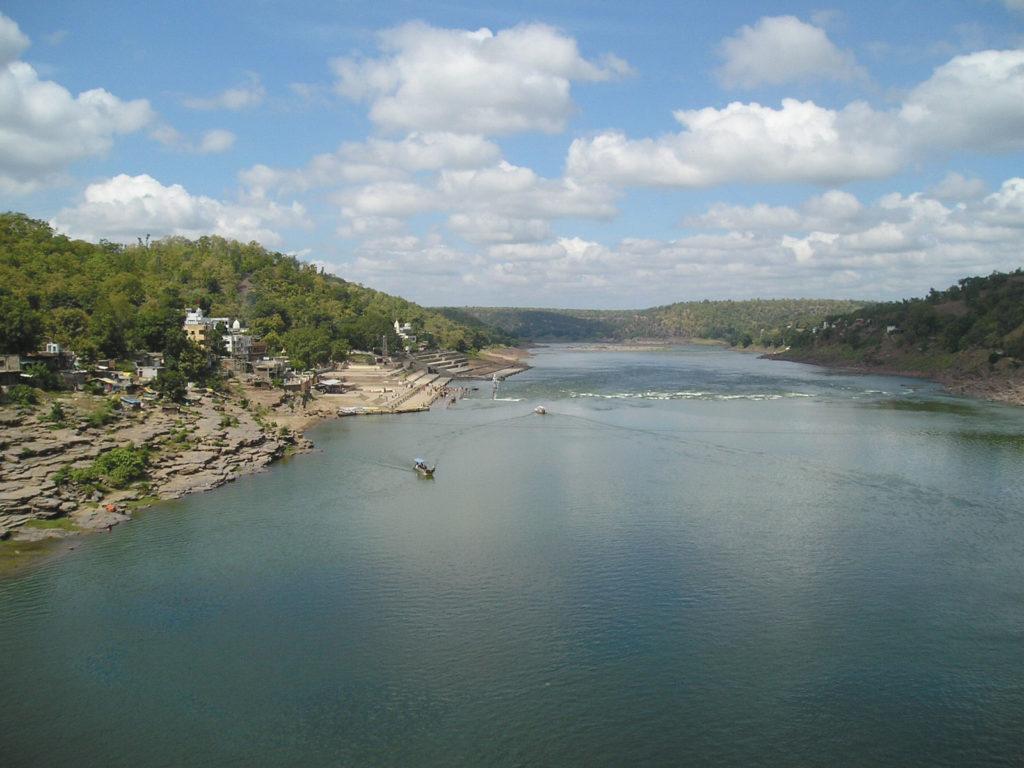
River Narmada originates from Amarkantak on the Amarkantak hill in Madhya Pradesh. There are many stories about Narmada. According to a fable, once Lord Shiva sat meditating and started sweating. Lord Shiva’s sweat got collected in a tank which started flowing in the form river Narmada. There is a saying among the locals about all pebble stones of the Narmada turning into Shivlingas.
Chambal
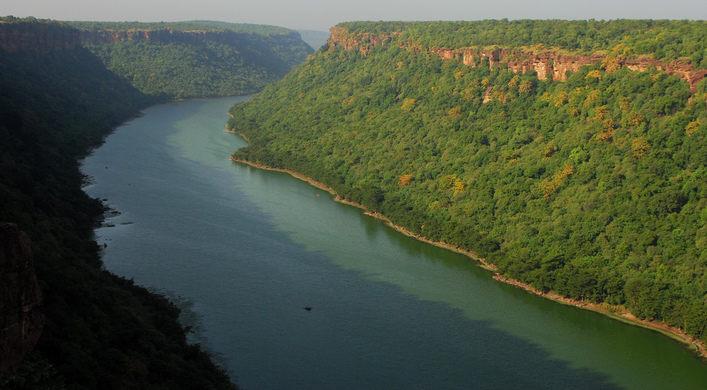
The Chambal river begins from Singar Chouri peak on the northern slopes of Vindhyan escarpment located in Madhya Pradesh. In ancient days, Chambal river was known as Charmanvati, a river on whose banks leather is dried. Also, according to the Mahabharata, the color of the water became red due to the blood of slaughtered animals whose skins were dried on its banks. That’s the reason it came to be known as ‘Chamda’ (skin) or Charmanvati.
Kaveri
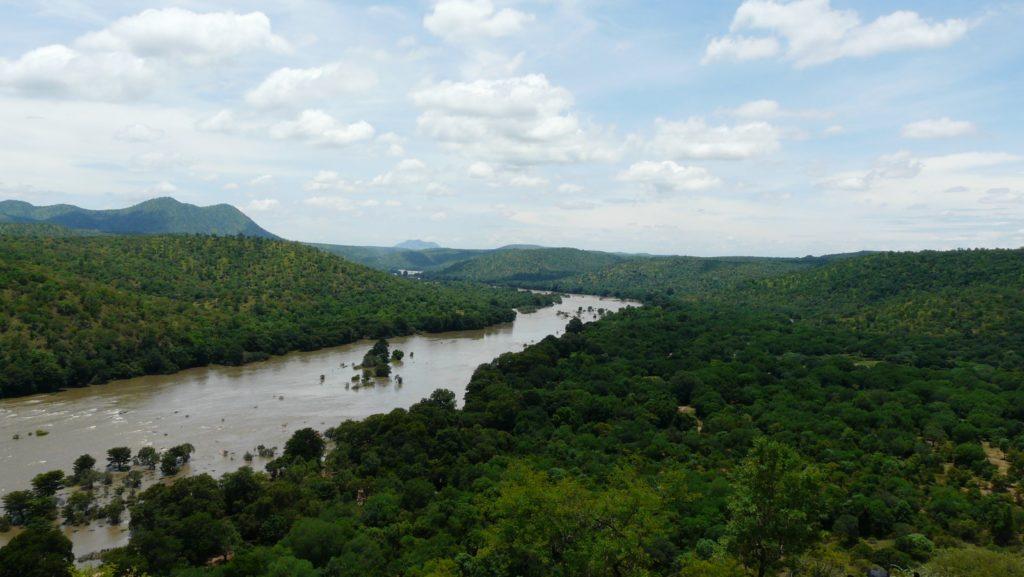
Kaveri rises from the Western Ghats in Karnataka. According to mythology, King Kavera was blessed with a daughter Kaveri who ended up marrying saint Agastya. One day, when the saint went for a bath,and to keep Kaveri safe, he turned her into water and put her in his Kamandala, a utensil used to store holy water. Meanwhile, Lord Ganesha in the form of a crow overturned the utensil. The water came out of it and Kaveri became a river.
Beas River
Beas rises in the Himalayas near Himachal Pradesh. The fascinating fact about this river is that it marked the eastern border of Alexander the Great’s territory in 326 BC.
Tapti
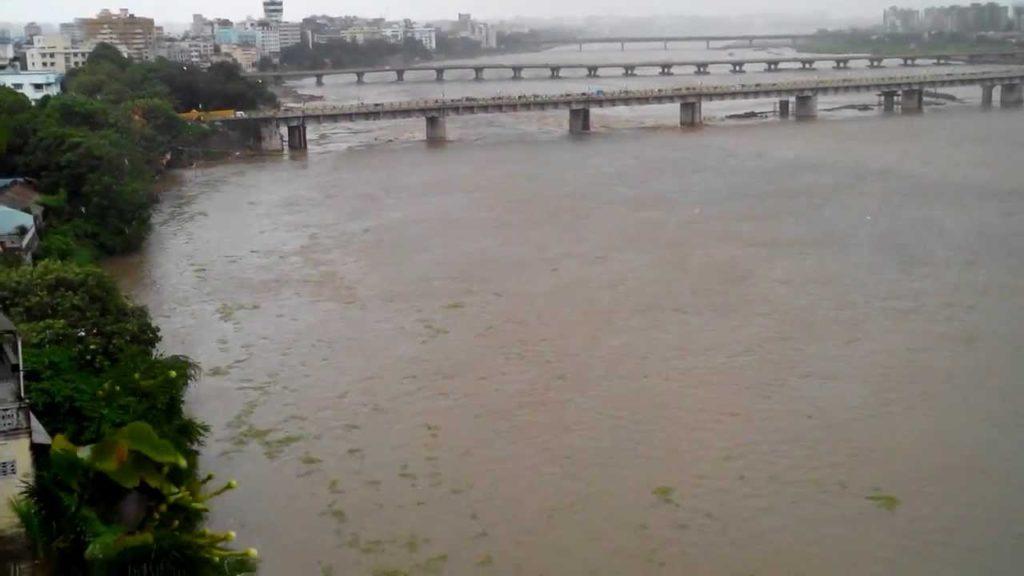
Tapti flows from the eastern Satpura range in southern Madhya Pradesh. According to Hindu mythology, Tapi ot Tapti is the daughter of Surya. Another version of the theory says Surya created Tapi to save himself from his own heat.
Godavari
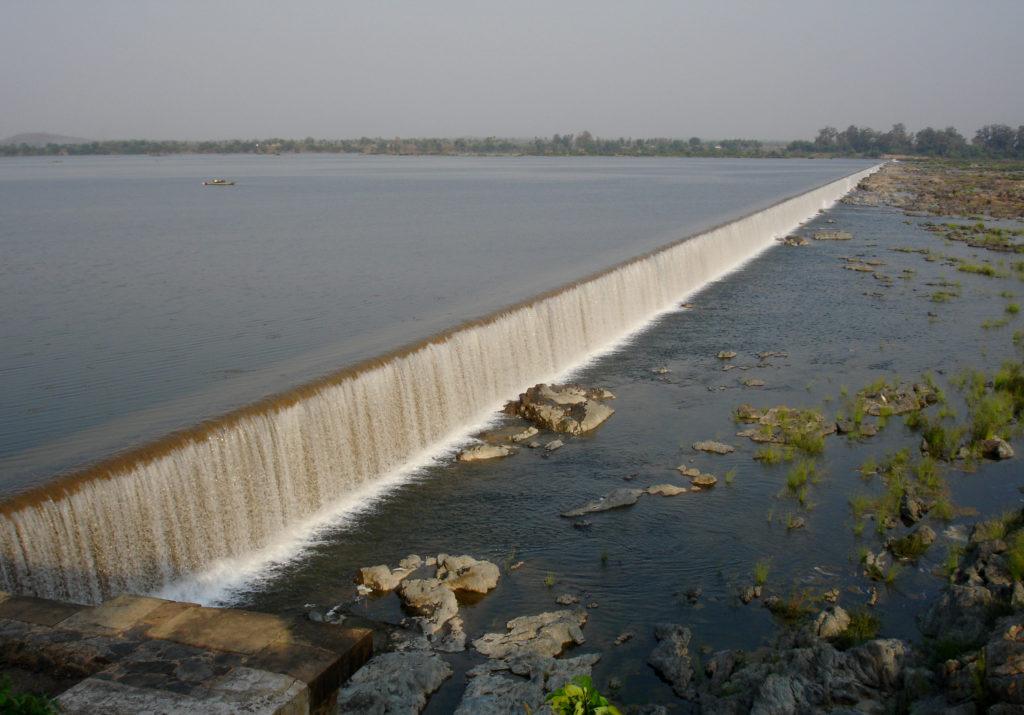
Godavari, the second largest river in India, starts in Maharashtra. It is also called the ‘Dakshin Ganga- Ganges of the south.’ According to a legend, Sage Gautama lived in the Brahmagiri Hills at Trimbakeshwar with his wife Ahalya. He stocked rice at home. However, a cow entered his home and ate all the rice. The sage tried to scare the cow with Durbha grass, but it fell dead. As the cow is considered a holy animal in Hinduism, the sage wished to get rid of the sin of ‘Gohatya’ – killing a sacred cow. He prayed to Lord Shiva and requested him to divert the river Ganges so that he could be purified. Lord Shiva, pleased with the sage, diverted Ganges to flow close to his house. He gave some water from his own utensil too. When his water descended over the dead cow, it came back to life and river Godavri was created. This way sage Gautama was redeemed of all his sins. It is believed that Ganga was brought down to Trimbakeshwar by him. The river is also known as Gautami by the locals.
Chenab
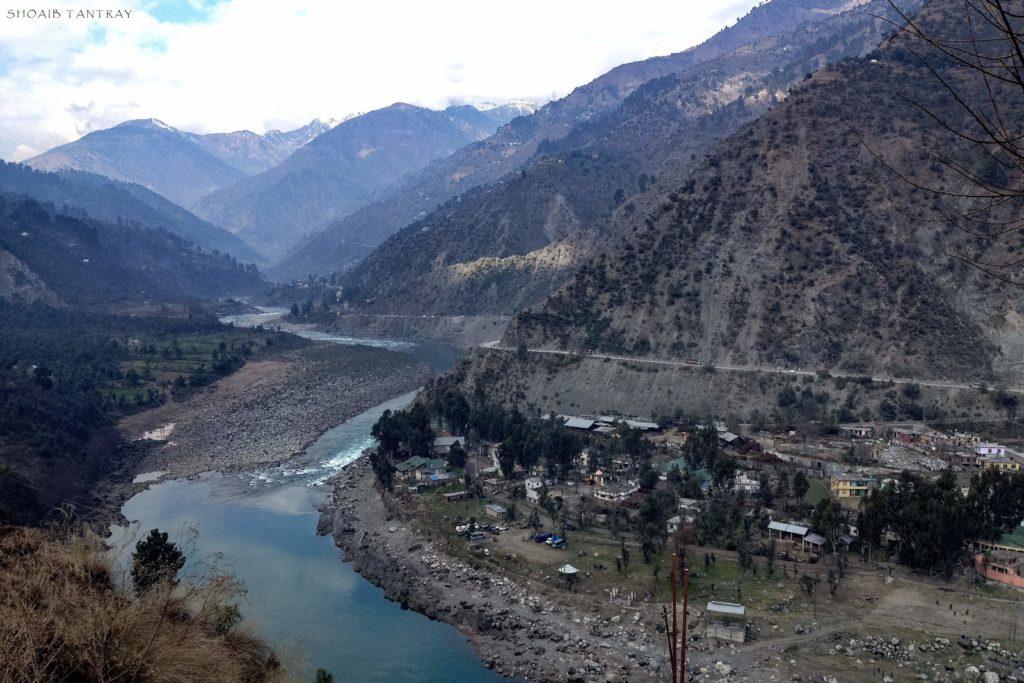
Chenab river forms in the upper Himalayas, near the Spiti district in Himachal Pradesh. It is a major river for both India and Pakistan. Chenab is called the river of romance in many folk stories. In fact, the locals also believe that the romance between Mirza and Sahiban brewed on the banks of Chenab and Ravi.
Krishna river
Krishna begins from the western ghats near Mahabaleshwar, in the state of Maharashtra. Krishna does not have a mythological connection, but it has witnessed many eras of India’s history. The first historical reference of the river is as Kannavenna which was the southern boundary of Empror Ashok’s empire.
Saraswati river
Saraswathi river no longer exists. It is believed that it originated from Saraswati-Rupin glacier in Uttarakhand. There are a lot of references to this river in Vedic texts. It is mentioned over 50 times in hymns of the Rig Veda. Our government has always shown enthusiasm in the quest to find the Saraswathi river even though it goes beyond historical evidence. Let’s hope to find it someday.
Summary
| Name | Length (km) | Area (Sq.Km) | Originates From | Ends in | Places Benefited |
| Indus | 3180 in India | 3,21,289 | in Tibet in northern slopes of Mount Kailash | Arabian sea | India and Pakistan |
| Ganga (Bhagirathi) | 2525 | 1.08 million | Gangotri in Uttrakhand | Bay of Bengal | Uttar Pradesh, Uttrakhand, Bihar, West Bengal |
| Yamuna (Jamuna) | 1376 | 366223 | Yamunotri in Garhwall | Bay of Bengal | Delhi, Haryana and UP |
| Brahmaputra | 916 – in India | 194413 in India | Angsi glacier in Tibet | Bay of Bengal | Assam, Arunachal Pradesh |
| Kaveri (Dakshina Ganga or Ganges of the south) | 765 | 81155 | Brahmagiri hills in Kogadu, Karnataka | Bay of Bengal | Karnataka and Tamil Nadu |
| Godavari | 1465 | 3,12,812 | Triambakeshwar in Maharashtra | Bay of Bengal | South-eastern part of Andhra Pradesh |
| Krishna | 1400 | 258948 | Mahabaleshwar in Maharashtra | Bay of Bengal | Maharashtra & Andhra Pradesh |
| Narmada | 1312 | 98,796 | Amarkantak in Madhya Pradesh | Arabian Sea | Madhya Pradesh and Maharashtra |
| Tapti | 724 | 65,300 | Betul district of Madhya Pradesh in the Satpura range | Arabian Sea | Madhya Pradesh and Maharashtra |
| Mahanadi | 858 | 1,41,600 | Sihava mountains of Chhattisgarh | Bay of Bengal | Jharkhand, Chhattisgarh, Orissa |
| Vaigai | 258 | 7,741 | Varusanadu Hills | Bay of Bengal | Madurai in Tamil Nadu |
| Periyar | 244 | 5,398 | Sivagiri peaks of Sundaramala, Tamil Nadu. | Bay of Bengal | Tamil Nadu and Kerala |
| Thamirabarani | 185 | 4,400 | Agastyarkoodam peak of Pothigai hills of the Western Ghats, | Gulf of Mannar | Tamil Nadu |
Bonus Rivers in India on Google Earth
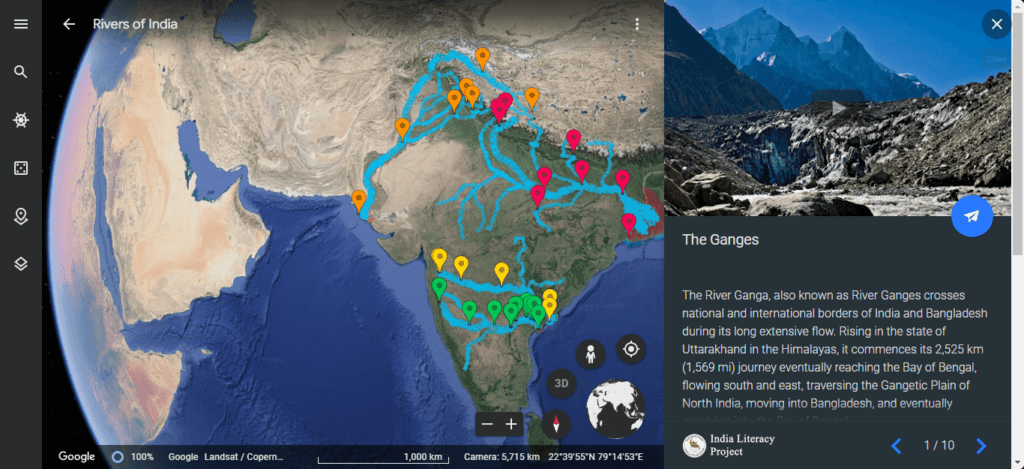
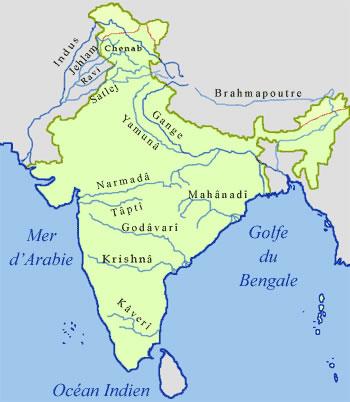
Comments are closed.